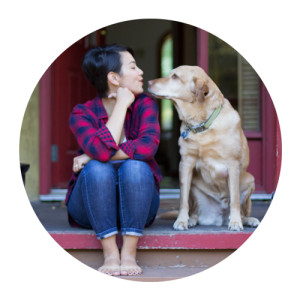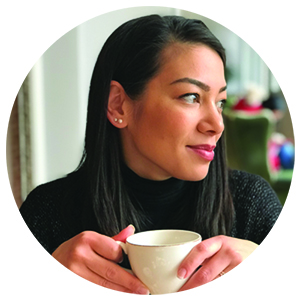About Me

Hi, I’m Krista.
Strategic communicator and storyteller.
I am the wife of a very talented musician who takes me around the world in pursuit of excellence. Mama to Jakob, Audrey and Ella, who just happens to have Down Syndrome.
And an aspiring disciple of Jesus, defender of the oppressed, writer, graphic designer and photographer.I write and speak on navigating through the fog of life…you know, when things don’t go exactly as planned and am fuelled by a passion to amplify the voices of those on the margins…
oh, and coffee…lots of coffee.Sign up for my Newsletter












Leave A Reply